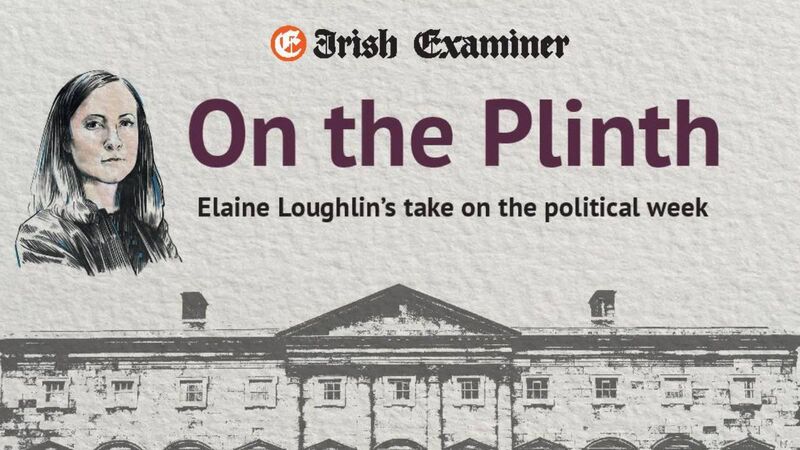Elaine Loughlin: Is any political party prepared to put the State's interests first?

If events 10 years ago this week had been different Labour could now be filling the seats occupied by Sinn Féin as the largest party in opposition.
Mary Lou McDonald's party, which is now poised for power, could learn some important lessons by looking back on the Fine Gael-Labour coalition before making any promises ahead of the next general election.












